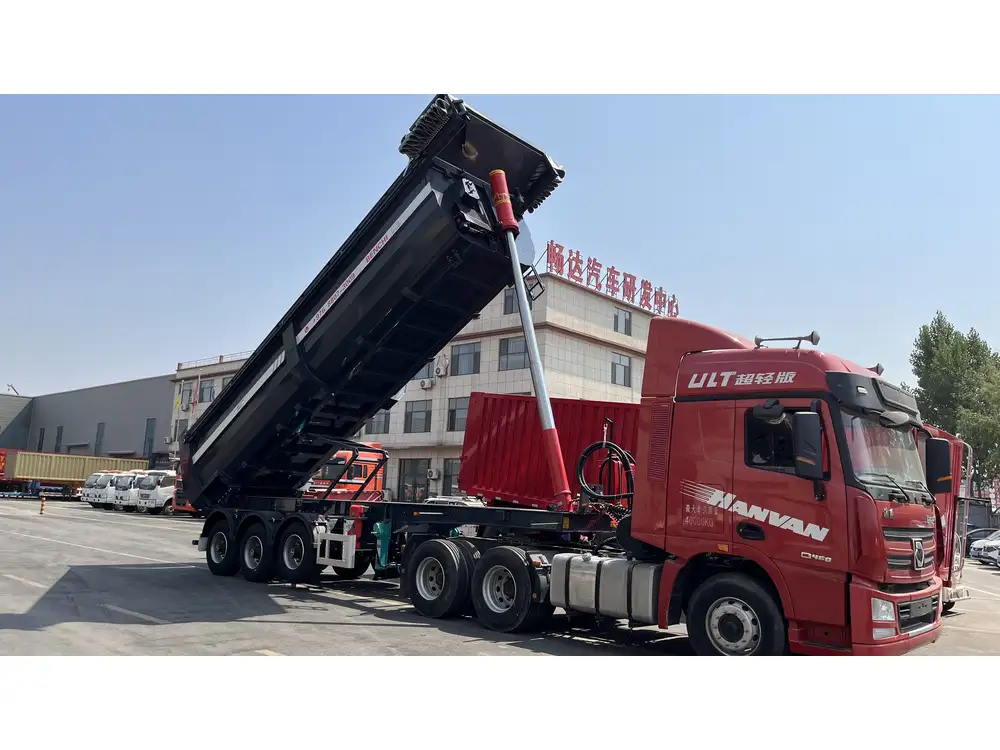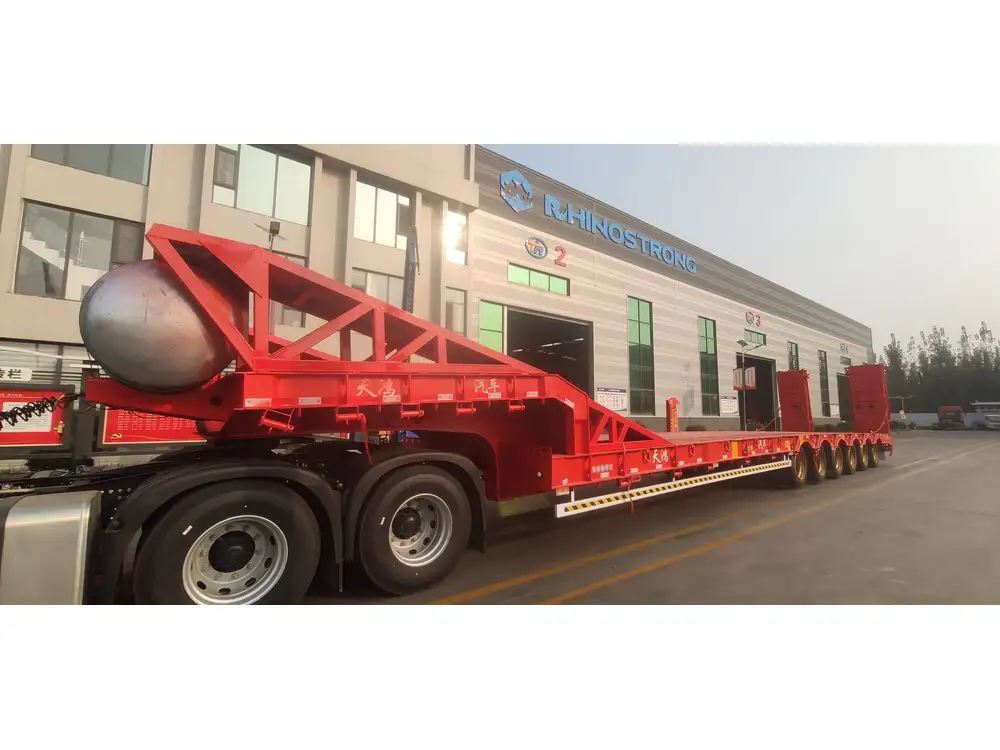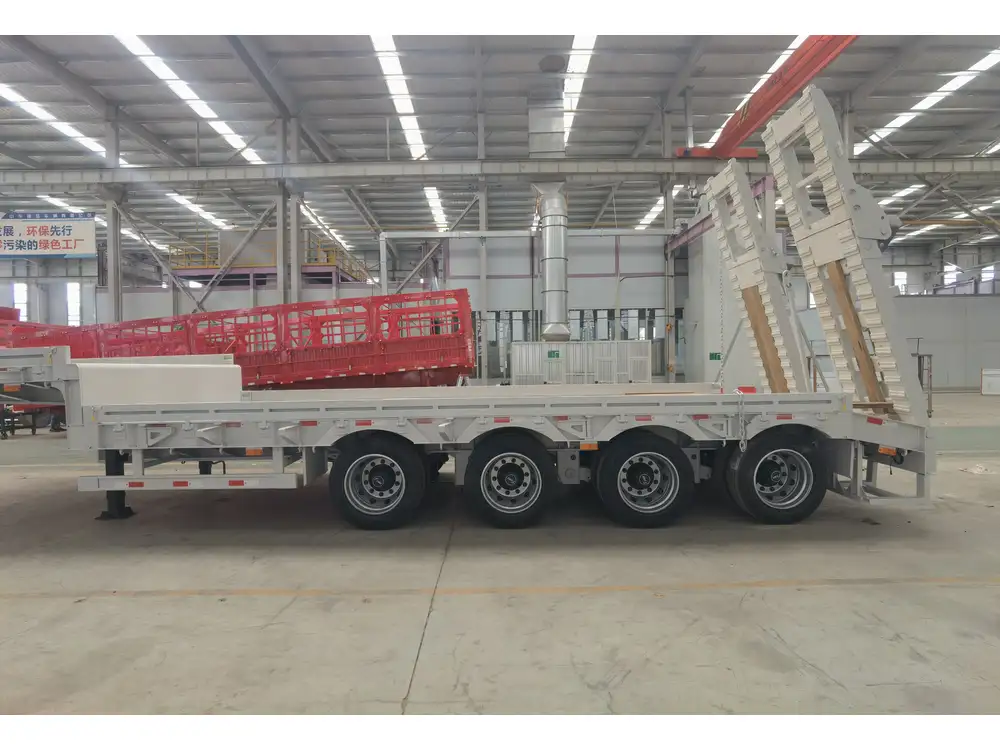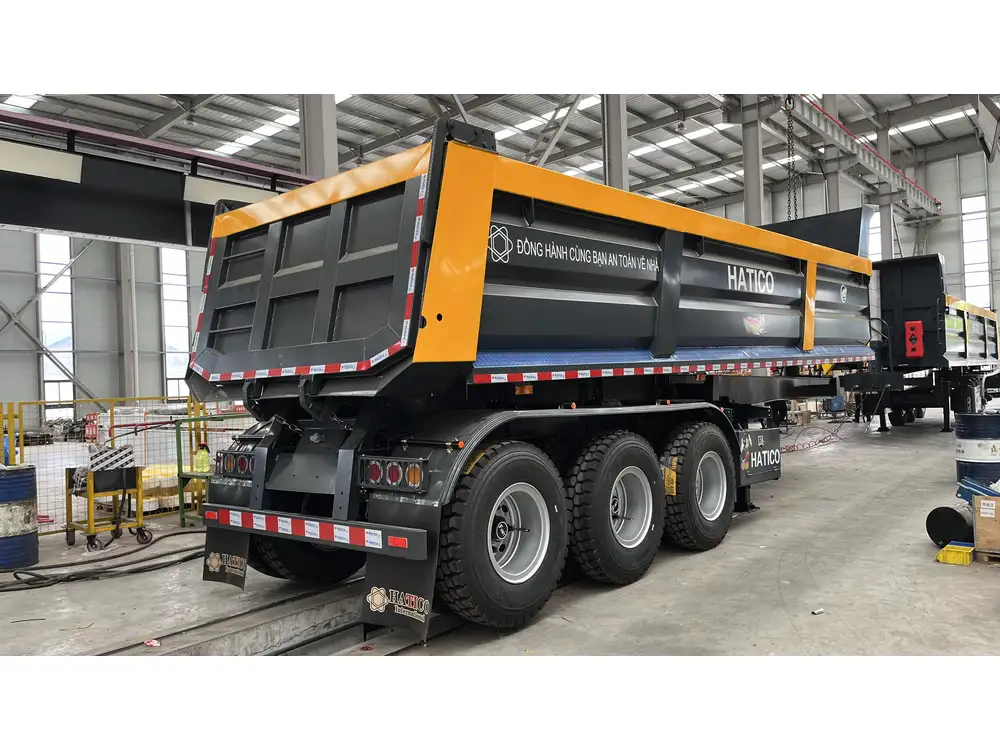When blissfully navigating the allure of boondocking, every seasoned RVer understands that skillful waste management is paramount. The excitement of spending nights under vast skies, free from city constraints, must be tempered with practical considerations, particularly regarding where to dump trailer waste. This guide serves as an essential resource, addressing the challenges and exploring solutions for conscientious waste disposal during boondocking adventures.
Understanding Trailer Waste Types
Before delving into waste disposal methods, it is crucial to comprehend the different types of waste produced by trailers. Knowing the distinction helps in managing disposal efficiently.
| Waste Type | Description |
|---|---|
| Black Water | Waste from toilets containing human waste. |
| Gray Water | Wastewater from showers, sinks, and appliances. |
| Solid Waste | Non-liquid refuse generated during your travels. |
The Importance of Responsible Waste Disposal
Responsible waste disposal isn’t merely a practice of convenience; it is essential for protecting the environment and upholding legal regulations. The inability to manage waste appropriately can lead to potentially harmful conditions for wildlife and ecosystems. Moreover, improper disposal can result in hefty fines, tarnishing the tranquil experience of boondocking.

Identifying Dump Locations While Boondocking
Finding locations to dump trailer waste while boondocking can be somewhat overwhelming. Here’s a list of viable options:
1. Public Campsites and RV Parks
Public campgrounds often have designated dump stations equipped to handle both black and gray water. These facilities usually charge a minimal fee but ensure safe disposal. Many of these sites have accessible maps indicating the nearest dump station.
2. Municipal Wastewater Facilities
Inquire whether local municipalities permit RV waste disposal. Many towns offer facilities for disposal at wastewater treatment plants. Always check in advance for any regulations or fees.

3. Rest Areas and Highway Stops
Certain rest areas along highways may house waste dumping facilities. Check the amenities provided at these stops: some accommodate RV waste disposal, making them ideal for those on lengthy journeys.
4. Truck Stops
Frequent stops at truck stops can yield pleasant surprises. Several truck stops offer waste dump options, especially those catering to long-haul drivers. It’s prudent to call ahead and verify their services.
5. RV Service Centers
RV dealerships or service centers often possess dump stations open to the public. Although primarily used for maintenance, many will allow you to dump waste for a fee.

6. Private Properties and Farms
With the rise of platforms like Harvest Hosts, many RV owners can locate farms or private properties offering waste disposal as part of their arrangement. It is essential to establish this directly with the property owners prior to arrival.
7. Local Regulations and Permits
Before dumping, always familiarize yourself with local regulations and whether permits are required. Some regions have strict policies regarding where and how waste can be disposed of. Non-compliance not only harms the environment but can also lead to fines.
Equipment and Accessories for Efficient Waste Management
Equipping your trailer with the right tools can drastically simplify the waste dumping process. Here are essential accessories to have:

1. Waste Management Hose
A sanitation hose is vital for transferring waste from your RV’s tank to the dump station. Opt for a durable, flexible hose that can handle the rigors of travel.
2. Hose Support
A hose support prevents kinks and facilitates a smooth flow of waste during disposal. It’s especially useful in cases where the dump connection is significantly lower than that of your RV.
3. Tank Treatment Chemicals
Using tank treatment solutions minimizes odors and ensures efficient breakdown of waste. Regular use can prolong the lifespan of your sewage system.

4. Waste Level Indicator
Investing in a waste level indicator helps monitor tank levels, alerting you when it’s time to dump. This can prevent unexpected overflows or unpleasant situations.
5. Portable Waste Tanks
Portable waste tanks allow you to transfer black or gray water from your RV to a dump station without a direct line connection. These tanks are particularly helpful for remote boondocking spots.
Best Practices for Waste Disposal
Knowing where to dump your trailer waste is crucial, but adhering to best practices ensures you do it effectively and environmentally friendly:

1. Avoid Overfilling Your Tanks
Regularly monitor your waste levels. Overfilling leads to complicated and messy situations. Develop a routine check to ensure your tanks are not nearing capacity.
2. Dispose of Waste Responsibly
Always use designated dump stations to avoid environmental harm. Never release waste on the ground or into any water sources. This not only breaches local laws but poses severe risks to wildlife and landscapes.
3. Maintain Your Tanks
Regular cleaning and maintenance of your tanks can prolong their lifespan. Accumulation of waste can cause clogs and lead to costly repairs. Utilize cleaning solutions designed for RV systems.

4. Inform Yourself About Local Rules
Stay updated regarding current laws and regulations for waste disposal in different locations. Each state or park may have different protocols—knowing them can save a fine.
The Environmental Impact of Waste Disposal
A myriad of consequences arises from improper waste disposal, encompassing ecological harm, health risks, and legal repercussions. These impacts unveil why conscientious waste management is vital while boondocking:
1. Water Contamination
Dumping black and gray water irresponsibly can lead to hazardous environmental scenarios, contaminating nearby soil and water sources. This can adversely affect aquatic life, livestock, and the ecosystem at large.

2. Soil Erosion and Damage
Improperly disposing of waste can accelerate soil erosion, compromising local flora and fauna. Once the balance of an ecosystem is disturbed, it takes considerable time for nature to restore itself.
3. Human Health Risks
Toxic substances and pathogens contained within untreated waste can pose grave health risks. This could potentially lead to diseases affecting both humans and animals that come into contact with the contaminated area.
4. Legal Issues and Fines
Many areas enforce strict laws about waste disposal. Ignoring these regulations may result in hefty fines and a tarnished reputation within the camping community.

Summary of Key Takeaways
Boondocking provides freedom and adventure, but it comes with responsibilities. Effectively managing trailer waste is non-negotiable. Here’s a quick summary of vital points for effective waste disposal:
- Know Your Waste Types: Familiarize yourself with the differences in waste.
- Identify Dump Locations: Utilize public campsites, municipal facilities, and private options for waste disposal.
- Equip Your Trailer: Invest in efficient waste management tools to simplify the dumping process.
- Follow Best Practices: Monitor levels, maintain tanks, and dispose of waste responsibly.
- Understand Environmental Impact: Recognize the adverse effects of poor waste management on ecosystems and human health.
Conclusion
With a wealth of available options, boondocking does not need to be complicated when it comes to waste disposal. The ability to navigate waste management effectively will enrich the boondocking experience, ensuring delightful memories unfettered by worry. As you embark on your travels, keep this guide at hand and contribute positively to the great outdoors, preserving the environment for future generations of adventurers.



